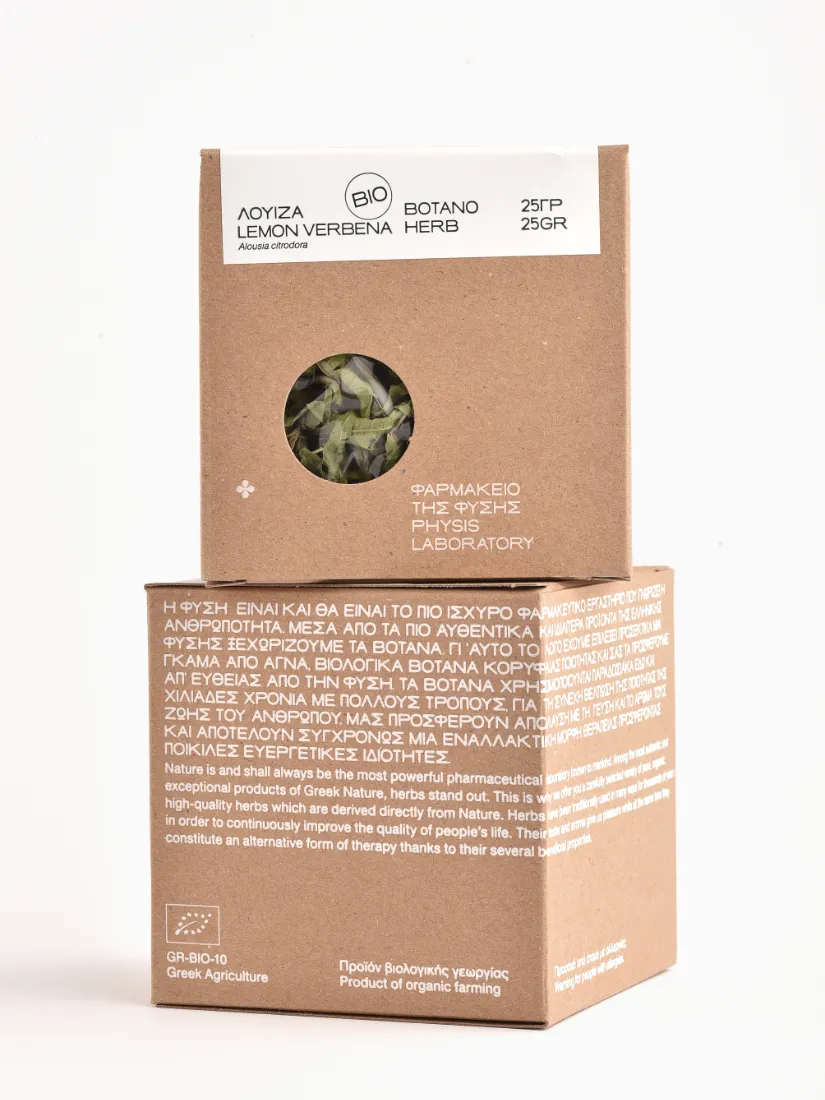Lemon verbena is an aromatic plant widely cultivated throughout the Mediterranean, which is traditionally consumed as an herbal tea to treat influenza, common cold and fever, relieve gastrointestinal disturbances such as dyspepsia, diarrhea, and other digestive problems, and also deal with anxiety and insomnia.
-The leaves of lemon verbena were found to be rich in polyphenols, natural compounds that are considered to be responsible for lemon verbena’s anti-oxidant action and protective effect against oxidative stress and its potential damages.
-It is considered to be a good dietary source of amino acids, vitamin C, and carotenoids.
-The compounds of lemon verbena reduce the oxidative damage of cells and the signs of muscular damage and inflammation and enhance the activity of antioxidant enzymes while exerting analgesic effect reducing muscle pain.
-Meanwhile, lemon verbena can contribute to the reduction of markers of inflammation and proinflammatory cytokines, inducing beneficial effects and relieving the symptoms of various inflammatory conditions and oxidative stress-associated diseases, such as multiple sclerosis, rheumatoid arthritis, cardiovascular diseases, inflammatory bowel disease, etc.
– Another property of lemon verbena is its antimicrobial action. More specific, it is considered to be a potential antimicrobial agent, as it exerts antibacterial and antifungal effects against microorganisms, such as Staphylococcus aureus, Candida albicans, and Escherichia coli.
-Lemon verbena is considered to be a natural relaxant with anxiolytic and sedative effects. It seems to contribute to relaxation, the elimination of stress and anxiety, the treatment of insomnia and the improvement of sleep quality.
-It was even found that lemon verbena extract helps to increase melatonin levels, also known as the sleep hormone, which is synthesized in the brain regulating the normal sleep cycle.
-A possible mechanism of action of lemon verbena for the treatment of insomnia is through the GABA system, increasing the release of GABA neurotransmitters. Gamma‐aminobutyric acid, known as GABA, is the main inhibitory neurotransmitter in the central nervous system, which stimulates sleep, reduces cortisol levels, and induces relaxation feelings.


